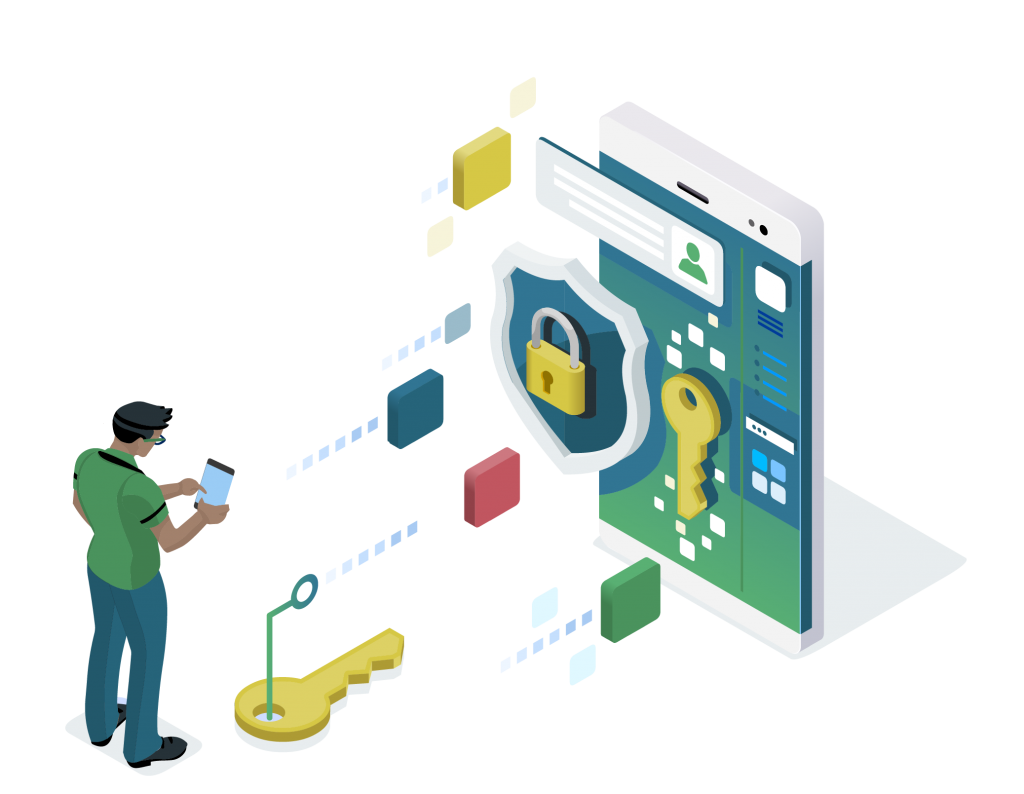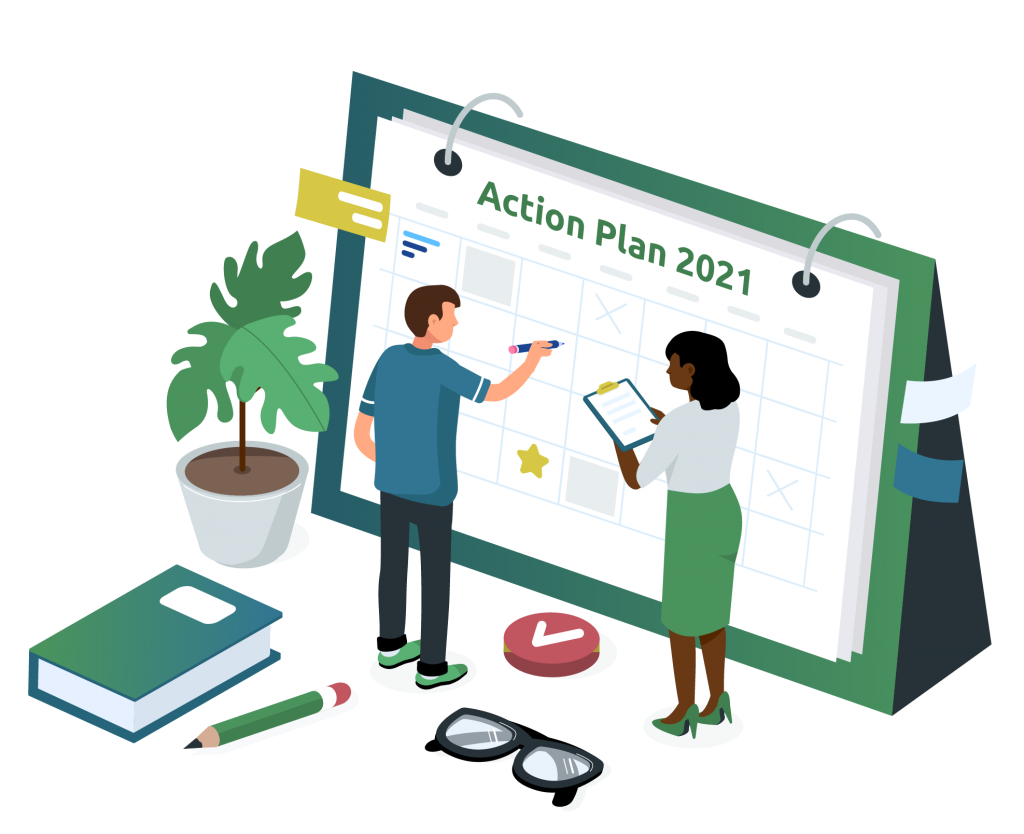The power of data analysis and how it can help your service users

Charities have a wealth of data at their fingertips – for instance, on their users and their engagement with services. But is your charity making the most of the information you collect?
Data analysis is essential for understanding your impact, improving efficiency, shaping services, innovation, making cost-savings, becoming more accountable – the list is endless.
So, we thought it would be useful to put together our top 10 tips on making the most of your data for the benefit of the people you support. Here they are…
1. Involve your service users and staff
People must be at the heart of your charity data analysis. Get input where possible from service users and frontline staff at all stages of shaping and implementing your data strategy.
Not only will this approach give you a more accurate analysis, it will also help you get buy-in for any resulting service changes.
2. Define your objectives
Data analysis should guide your charity in many areas. Do you want to save money by streamlining services that aren’t needed? Improve the quality of your service for particular hard-to-reach groups?
Above all, you should seek to demonstrate the difference your charity makes. Outcome data looks at short-term benefits, while impact data demonstrates longer term changes.
This is vital to understand if your charity is fulfilling its mission and vision – and prove this to funders.
3. How it all fits together
There are several types of data your charity might collect. Take a holistic approach and work across teams to understand how to use data from your website, social media, helplines, marketing campaigns, and so on.
4. Fill in any data gaps
Identify what else you need to know: user data such as age or ethnicity? Feedback data on what people think of your provision?
The simplest way to collect extra data is through quick feedback surveys or pulse surveys after calls or website visits. Of course, you’ll need to be sensitive.
You can also access Open Data sets, for instance from the Office for National Statistics (ONS) and NHS Digital, to provide context.
5. Decide how to store and manage data
Remember: customer data must be protected according to GDPR. Yet it must also be accessible to your relevant staff members.

A Customer Relationship Management (CRM) package may prove a great investment if you need help with business data management.
6. Understand different types of data analysis
There are four types of data analysis, which increase in complexity:
- Descriptive: The ‘what’. Who is using your service, and what do they think of it?
- Diagnostic: The ‘why’. What factors (age, ethnicity, etc.) lead people to use your service? What communications activities make a difference?
- Predictive: The ‘what will happen next’. Who will appreciate a new service?
- Prescriptive: The ‘how should we take action’. This requires complex software, or you can conduct your own assessment.
7. Review your findings
What can you learn from your analysis? Does it overturn your assumptions, or help you gain a more rounded picture? Who is falling through the gaps of your service provision?
Above all, how might your findings shape your future services?
8. Draw up an action plan
This is where you need to match up your data with your resources. Where are your money and staff time best spent?

Possible actions you could take include: improving your website user experience (UX); launching fundraising campaigns; saving costs by streamlining services; marketing to new groups; undertaking new digital initiatives; or simplifying the customer experience.
9. Implement changes
Remember – whatever changes you make, you should test, monitor and evaluate them carefully. Charity data management and analysis is an ongoing process, not a one-off event. If you’ve made the wrong call, data analysis will help you spot it early and put it right.
10. Seek expert support
Your charity may well lack some of the necessary skills to analyse your data successfully. Whether you require staff training, IT support or expert statistical analysis, external consultants can help.
Partnering with Connect Assist
Data analysis is essential, yet often gets pushed to the end of charities’ very long to-do list.
Through our consultancy services, we can support you throughout the process, from shaping your data strategy, to designing a CRM system to implementing changes.
Drop us a line to see how we can help you plug the gaps in your impact reporting and data analysis needs.







